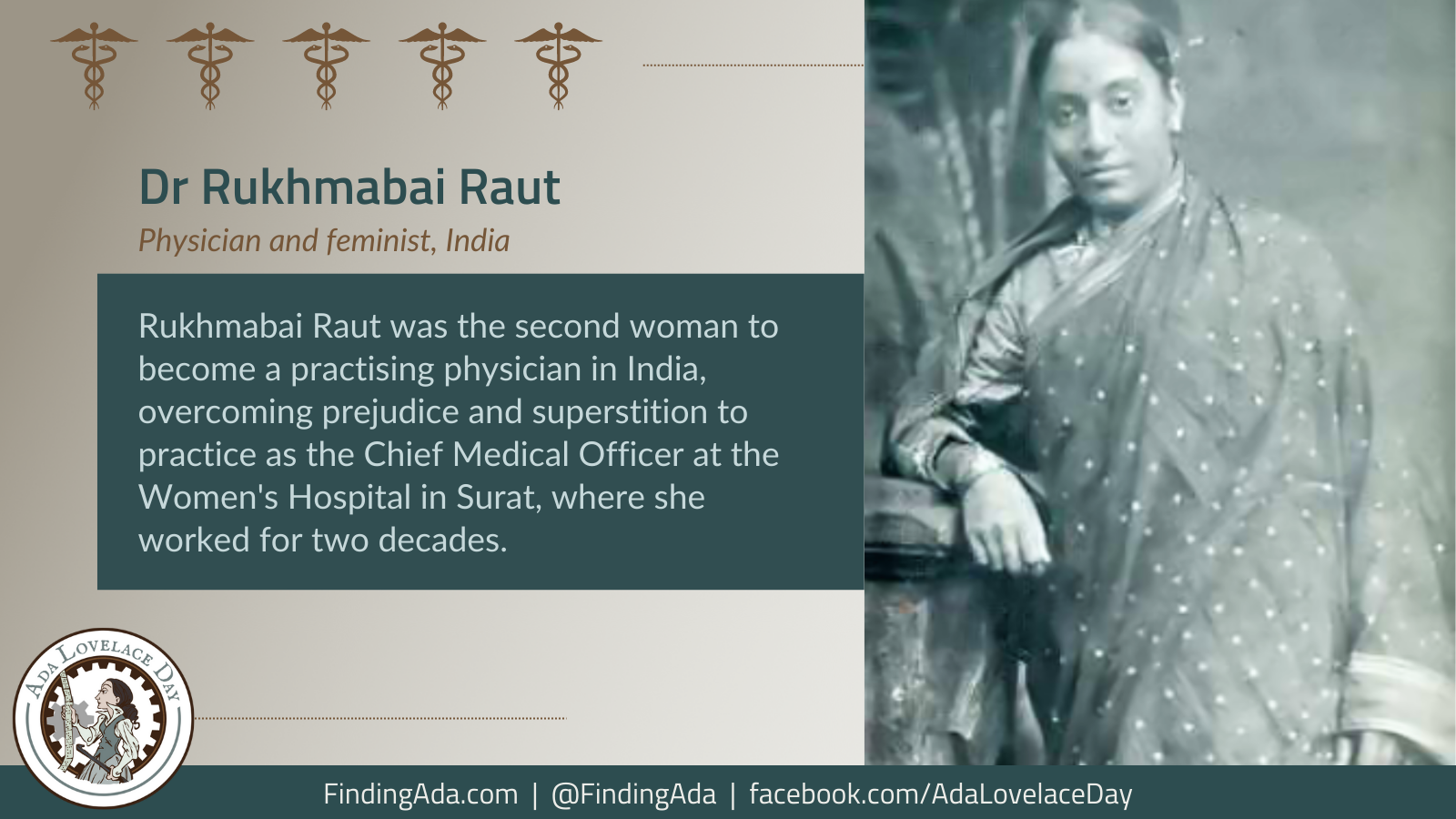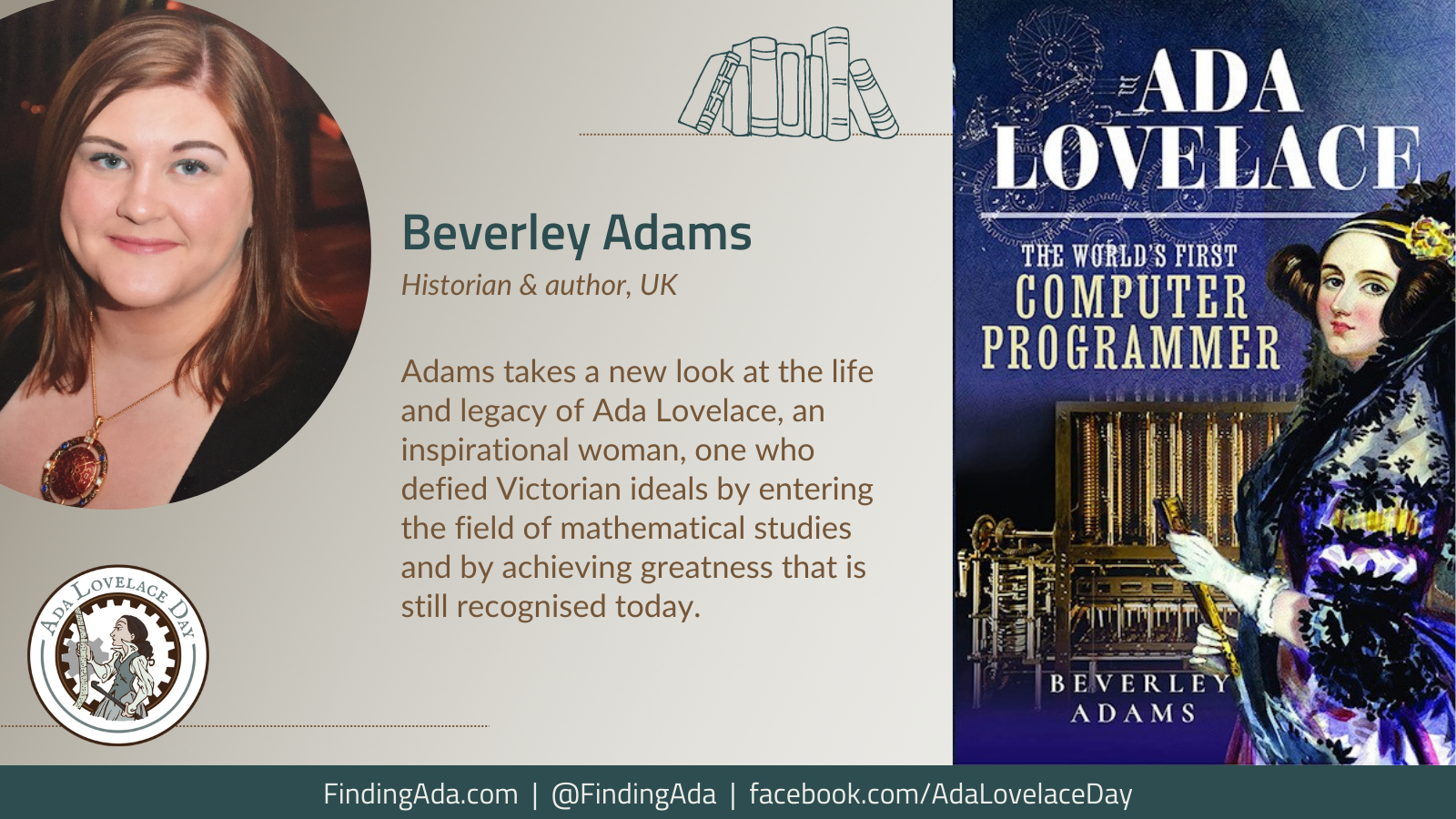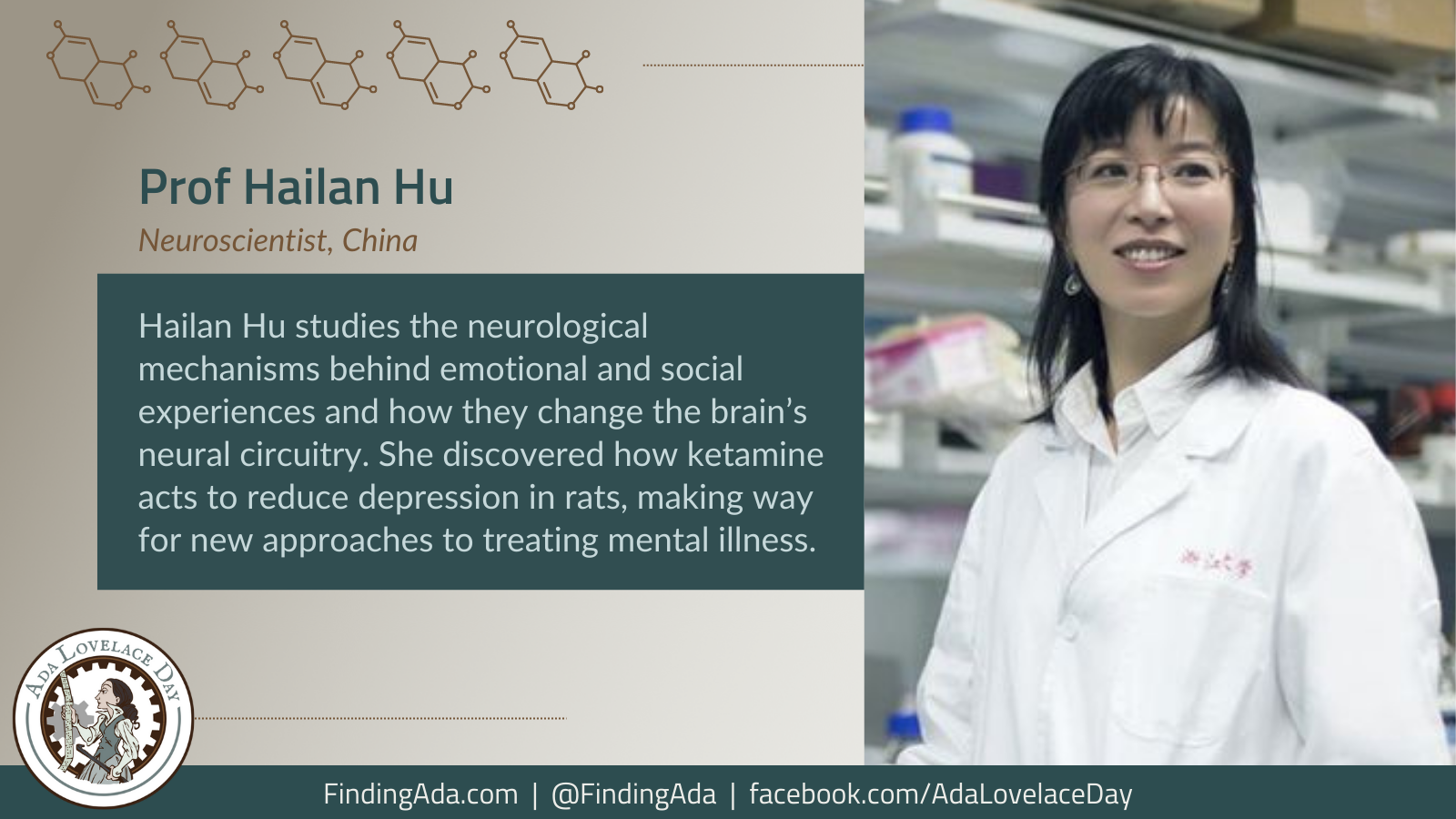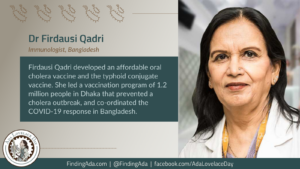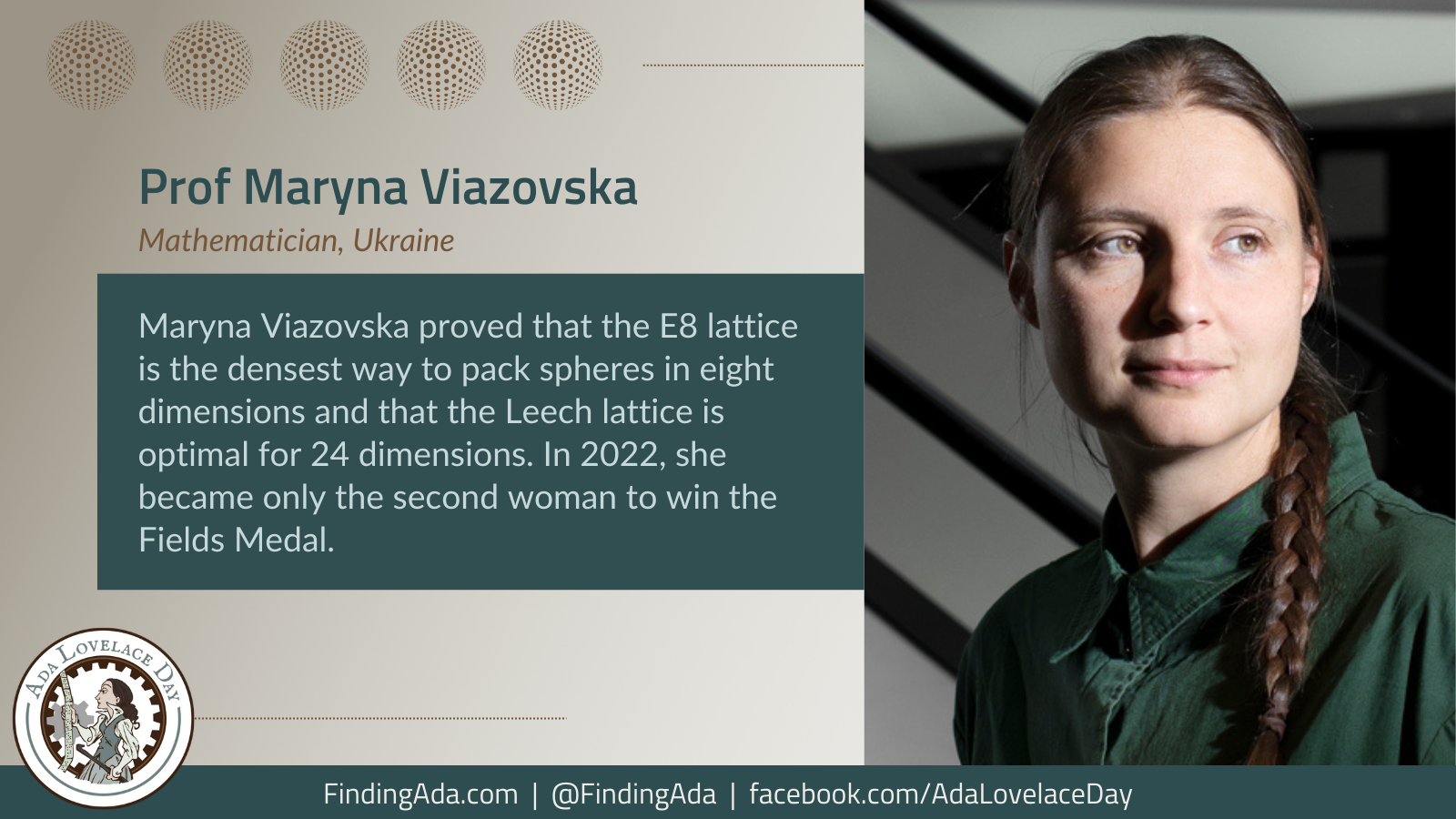
Professor Maryna Viazovska
Maryna Viazovska, Марина Вязовська, is a mathematician known for her work in sphere packing. In 2022, she became only the second woman to win the Fields Medal.
Born in Kyiv in 1984, Viazovska competed in national and international mathematics Olympiads throughout her late teens and early 20s. She earnt her masters degree from University of Kaiserslautern in 2007, her PhD from the Institute of Mathematics of the National Academy of Sciences of Ukraine in 2010 and a second doctorate from University of Bonn in 2013. She now works at the Swiss Federal Institute of Technology in Lausanne (EPFL).
The sphere-packing problem asks how spheres can be packed together, in a particular number of dimensions, in the densest possible way. It’s a problem that fascinated Johannes Kepler, (born 1571), who was interested in how best to stack cannonballs. Although it’s easy to see how cannonballs naturally stack, it’s not so easy to prove that a pyramid is the most mathematically efficient way to pack them. That problem was not solved in three dimensions until Thomas Hales in 1998, and it required long and complex computer calculations.
Viazovska proved that an arrangement called the E8 lattice is the densest solution for eight dimensions with a proof that was mathematically very simple. Along with collaborators, she solved the problem for 24 dimensions using the Leech lattice. She also proved that the E8 lattice and Leech lattice are universally optimal, a discovery “on a par with the great breakthroughs of the 19th century”.
Further Reading
- Maryna Viazovska, Wikipedia
- Ukrainian Women and Girls In Science, Ukraine Now
- Fields medal: Kyiv-born professor and Oxford expert among winners, Nicola Davis and Ian Sample, The Guardian, 5 July 2022,
- In Times of Scarcity, War and Peace, a Ukrainian Finds the Magic in Math, Thomas Lin and Erica Klarreich, Quanta Magazine, 5 July 2022
- Maryna Viazovska: Second to none in any dimension., Kenneth Chang, The New York Times, 5 July 2022
- Ukrainian Mathematician Becomes Second Woman to Win Prestigious Fields Medal, Davide Castelvecchi, Scientific American, 5 July 2022
- Ukrainian mathematician becomes the second female Fields Medal recipient, Ellen Phiddian, Cosmos, 6 July 2022
- ‘Mathematics is an unknown land’: meet Fields Medal winner Maryna Viazovska, Davide Castelvecchi, Nature, 15 July 2022
